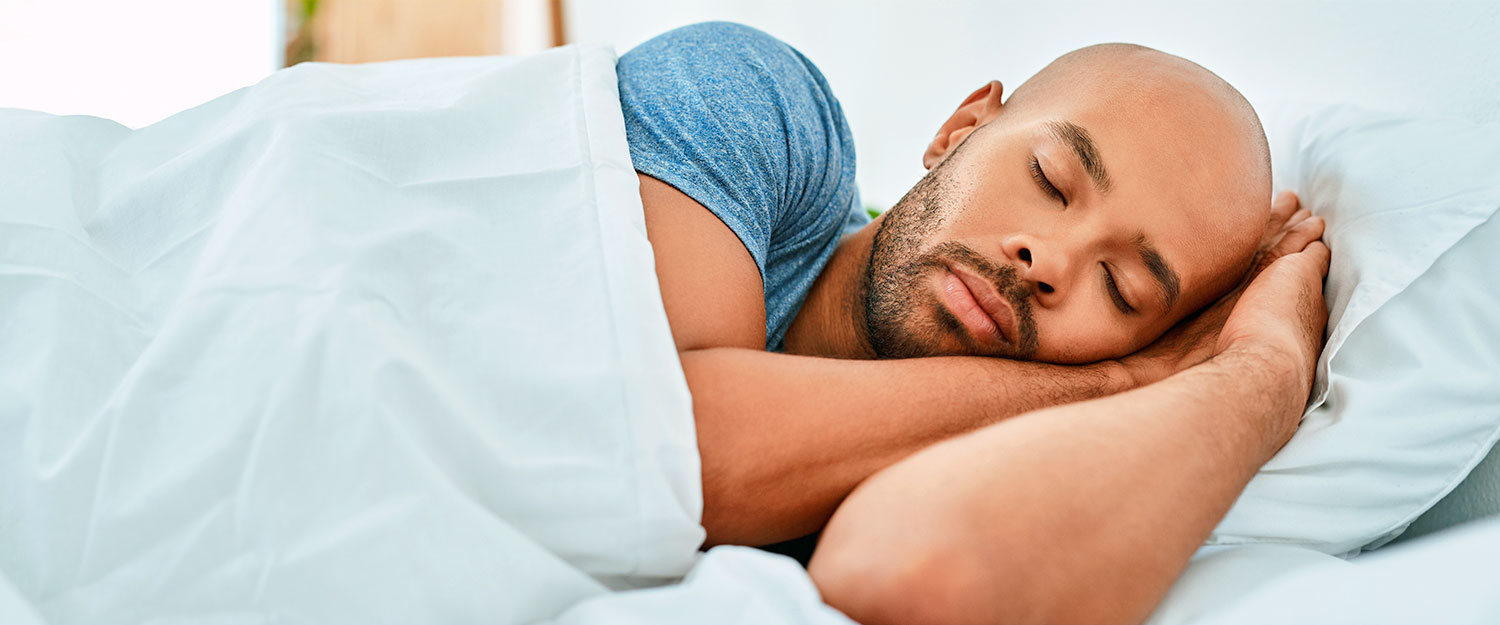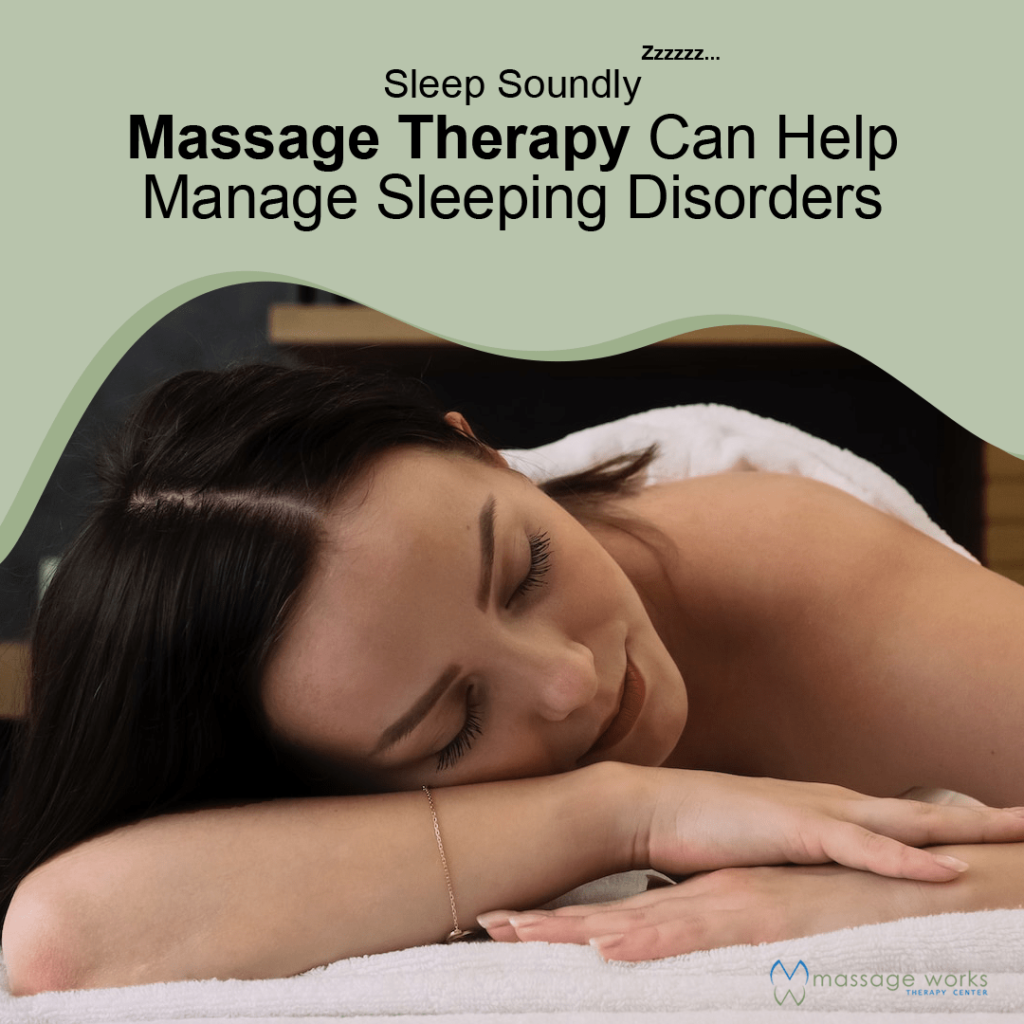Effective Therapy Solutions for Taking Care Of Rest Disorders and Enhancing Relaxing Sleep
In the world of health care, the management of sleep problems and the mission for restful rest are pivotal elements of overall wellness. As we navigate the complex landscape of sleep disorders and seek to enhance our sleep experience, a much deeper understanding of these therapy services might hold the key to opening a much more rejuvenating and fulfilling restorative trip.
Cognitive Behavior Treatment for Sleeping Disorders (CBT-I)
Cognitive Behavioral Therapy for Sleeping Disorders (CBT-I) is an organized, evidence-based therapy technique that concentrates on addressing the underlying elements adding to sleep disruptions. This kind of treatment intends to customize habits and ideas that worsen sleeplessness, inevitably advertising healthy and balanced sleep patterns. CBT-I normally includes several essential components, including cognitive therapy, sleep constraint, stimulation control, and rest health education and learning.
Cognitive therapy assists people determine and change negative idea patterns and ideas regarding rest that may be preventing their capacity to fall or remain asleep. Rest restriction involves limiting the quantity of time spent in bed to match the individual's actual rest duration, thus enhancing sleep performance (cognitive behavioral therapy for insomnia (CBT-I)). Stimulation control strategies help establish a strong organization in between the bed and rest by urging people to visit bed only when drowsy and to avoid participating in promoting tasks in bed
Moreover, rest health education concentrates on establishing healthy and balanced sleep routines, such as preserving a consistent sleep timetable, producing a relaxing going to bed routine, and optimizing the sleep setting. By attending to these variables adequately, CBT-I uses an effective non-pharmacological intervention for handling sleeping disorders and boosting general sleep top quality.
Sleep Health Practices
Having actually established the foundation of cognitive restructuring and behavior modifications in addressing sleeping disorders through Cognitive Behavior modification for Insomnia (CBT-I), the emphasis now changes towards checking out necessary Sleep Health Practices for keeping ideal rest top quality and overall wellness.
Rest hygiene techniques incorporate a variety of routines and ecological aspects that can substantially affect one's capability to go to sleep and stay asleep throughout the evening. Constant rest and wake times, developing a relaxing going to bed routine, and optimizing the rest atmosphere by maintaining it dark, silent, and cool are critical components of great rest hygiene. Limiting direct exposure to displays prior to bedtime, preventing energizers like high levels of caffeine near to going to bed, and participating in routine exercise throughout the day can also advertise far better rest quality.
Furthermore, exercising leisure methods such as deep breathing workouts or meditation prior to bed can assist soothe the mind and prepare the body for sleep. By incorporating these rest health techniques right into one's daily regimen, individuals can establish a healthy and balanced rest pattern that supports relaxing sleep and overall well-being.
Leisure Strategies and Mindfulness
Executing leisure strategies and mindfulness practices can play an essential duty in fostering a sense of tranquility and promoting quality sleep. In addition, guided imagery can assist move individuals to a relaxed place in their minds, helping in stress and anxiety reduction and boosting sleep high quality.
By incorporating these practices right into a going to bed regimen, people can indicate to their bodies that it is time to take a break and prepare for sleep. In general, integrating leisure strategies and mindfulness methods can dramatically add to handling sleep disorders and enhancing total rest top quality.

Medicine Options for Rest Disorders
After checking out leisure techniques and mindfulness methods as non-pharmacological interventions for boosting sleep quality, it is important to consider medication options for individuals with sleep disorders. In situations where way of life modifications and therapy do not supply adequate alleviation, medicine can be an important tool in handling sleep disturbances.
Typically suggested medications for sleep conditions consist of benzodiazepines, non-benzodiazepine hypnotics, antidepressants, and melatonin receptor agonists. Benzodiazepines, such as diazepam, are sedatives that can aid generate rest, yet they are usually advised for short-term use as a result of the threat of reliance. Non-benzodiazepine hypnotics like zolpidem are additionally utilized to deal with sleep problems and have a reduced threat of reliance contrasted to benzodiazepines. Antidepressants, such as trazodone, can be valuable for people with co-occurring anxiety and sleep disturbances. Melatonin receptor agonists, like ramelteon, target the body's all-natural sleep-wake cycle and can be handy for managing rest patterns.
It is important for individuals to speak with a healthcare provider to establish one of the most ideal medication alternative based on their details rest condition and medical background.
Light Treatment for Circadian Rhythm Guideline
Light therapy, additionally called phototherapy, is a non-invasive treatment approach utilized to regulate body clocks and boost sleep-wake cycles. This treatment involves direct exposure to bright light that mimics all-natural sunshine, which helps to reset the body's inner clock. By exposing people to specific wavelengths of light, usually in the early morning or evening relying on the desired effect, light treatment can effectively readjust the circadian rhythm to promote wakefulness during the day and enhance peaceful rest in the evening.
Research study has actually revealed that light treatment can be particularly valuable for cataplexy without narcolepsy individuals with circadian rhythm conditions, such as postponed rest phase syndrome or jet lag. It can likewise be useful for those experiencing seasonal affective problem (SAD), a type of clinical depression that commonly happens throughout the cold weather when natural light direct exposure is decreased. Light treatment is usually well-tolerated and can be used in conjunction with various other therapy approaches for rest disorders to optimize outcomes and enhance general rest high quality.
Verdict
In conclusion, efficient therapy options for taking care of sleep disorders and enhancing restful sleep include Cognitive Behavior modification for Sleeplessness (CBT-I), rest hygiene practices, relaxation techniques and mindfulness, medicine options, and light therapy for circadian rhythm policy. These methods can assist individuals improve their rest high quality and total health. It is essential to talk to a healthcare company to identify the most ideal technique for attending to sleep concerns.
As we browse the elaborate landscape of sleep problems and seek to enhance our rest experience, a much deeper sleep center understanding of these therapy solutions might hold the secret to unlocking a more relaxing and satisfying restorative trip.
Rest limitation involves restricting the amount of time invested in bed to match the individual's actual sleep duration, thereby enhancing rest performance. Constant rest and wake times, developing a relaxing bedtime regimen, and enhancing the rest atmosphere by maintaining it dark, peaceful, and cool are important components of excellent sleep health. Light therapy is generally well-tolerated and can be made use of in combination with various other treatment approaches for sleep problems to optimize end results and improve total sleep high quality.
